Peerless Tips About Owners Equity Examples In Accounting Importance Of Common Size Statement
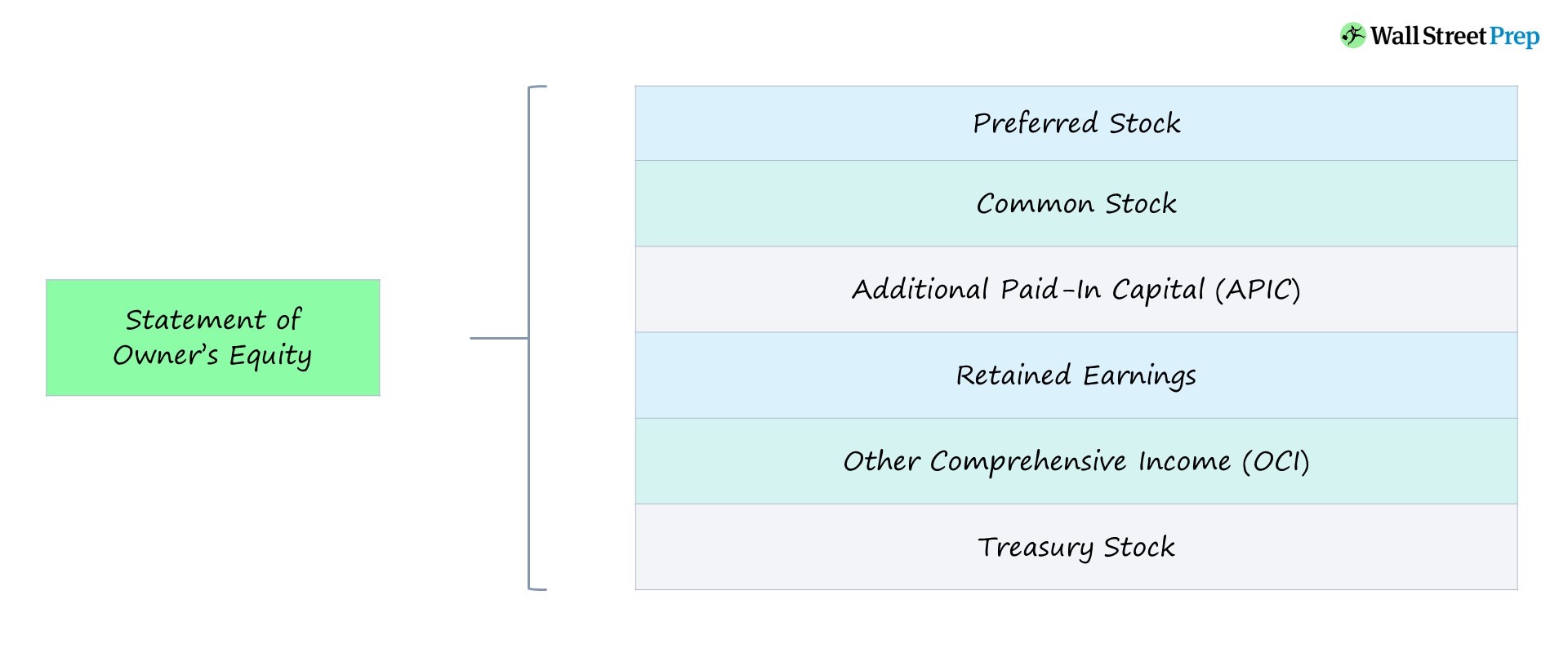
Equity in accounting is the remaining value of an owner’s interest in a company after subtracting all liabilities from total assets.
Owners equity examples in accounting. What are equity accounts? It’s rodney’s first year in business, and he had the following transactions: Examples of owner’s equity.
Owners equity = common stock +prefered stock + retained earnings. Most often, partnerships or sole proprietorships use this type of equity account. The owner invests his assets in the business so that the business will produce a profit for him.
The owner’s equity formula or basic accounting equation is simply: There is a specific name for the investment of assets in a business by the owner or owners. The statement of owner's equity example above shows that the company has $147,100 in capital as a result of the following:
Trump’s civil fraud trial as soon as friday, the former president could face hundreds of millions in penalties and new restrictions on. Owner’s equity is the amount that belongs to the business owners as shown on the capital side of the balance sheet, and the examples include common stock, preferred stock, and retained earnings. Due to the cost principle (and other accounting principles) the amount of owner's equity should not be considered to be the fair market value of the business.
If your assets increase, so does your equity. If your business has assets that are worth $60,000 and liabilities that are worth $20,000, your equity would be $40,000 after using the owner’s equity formula: The value of owner’s equity is not necessarily a.
[latex]\text{a}=\text{l}+\text{oe}[/latex] mathematically, an owner’s equity can be expressed like this: Carrying a balance on this type of account increases company equity. How to calculate owner’s equity.
The investment of assets in a business by the owner is called capital. Said another way, it’s the amount the owner or shareholders would get back if the business paid off all its debt and liquidated all its assets. In finance and accounting, equity is the value attributable to the owners of a business.
This calculation indicates that the owners of the company have a residual claim of $500,000 on the company's. Simple statement of owner’s equity calculations. How to calculate owner’s equity.
This account has a credit balance and increases equity. Equity, typically referred to as shareholders' equity (or owners' equity for privately held companies), represents the amount of money that would be returned to a company's shareholders if. So as an example of equity accounts, if the assets of a business are worth $100,000, and there is business debt in the amount of $25,000, then owner’s equity will be $75,000.
You may hear of equity in accounting. Or, if you prefer to look at it in equity terms: Below is an example of a statement of owner’s equity for a sole proprietorship:
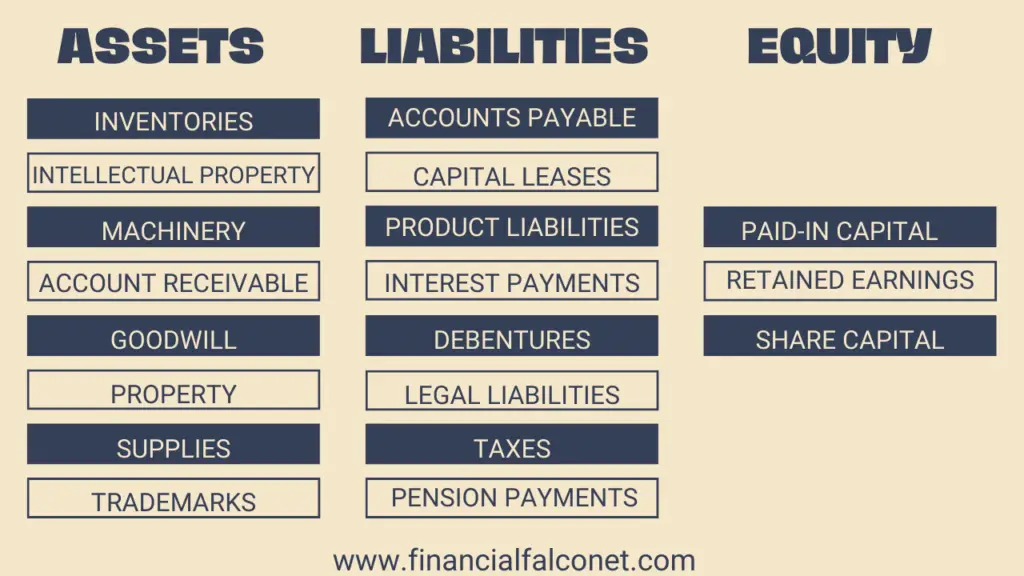
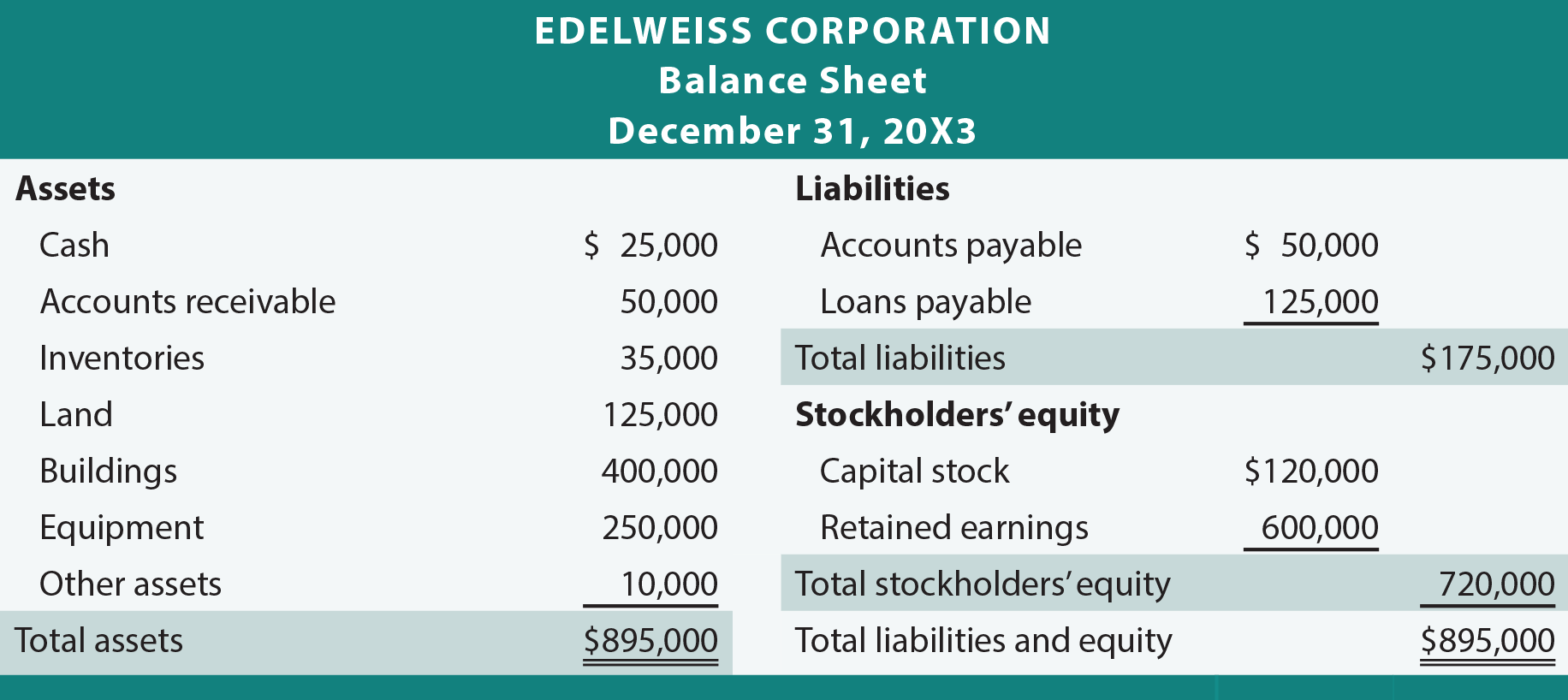

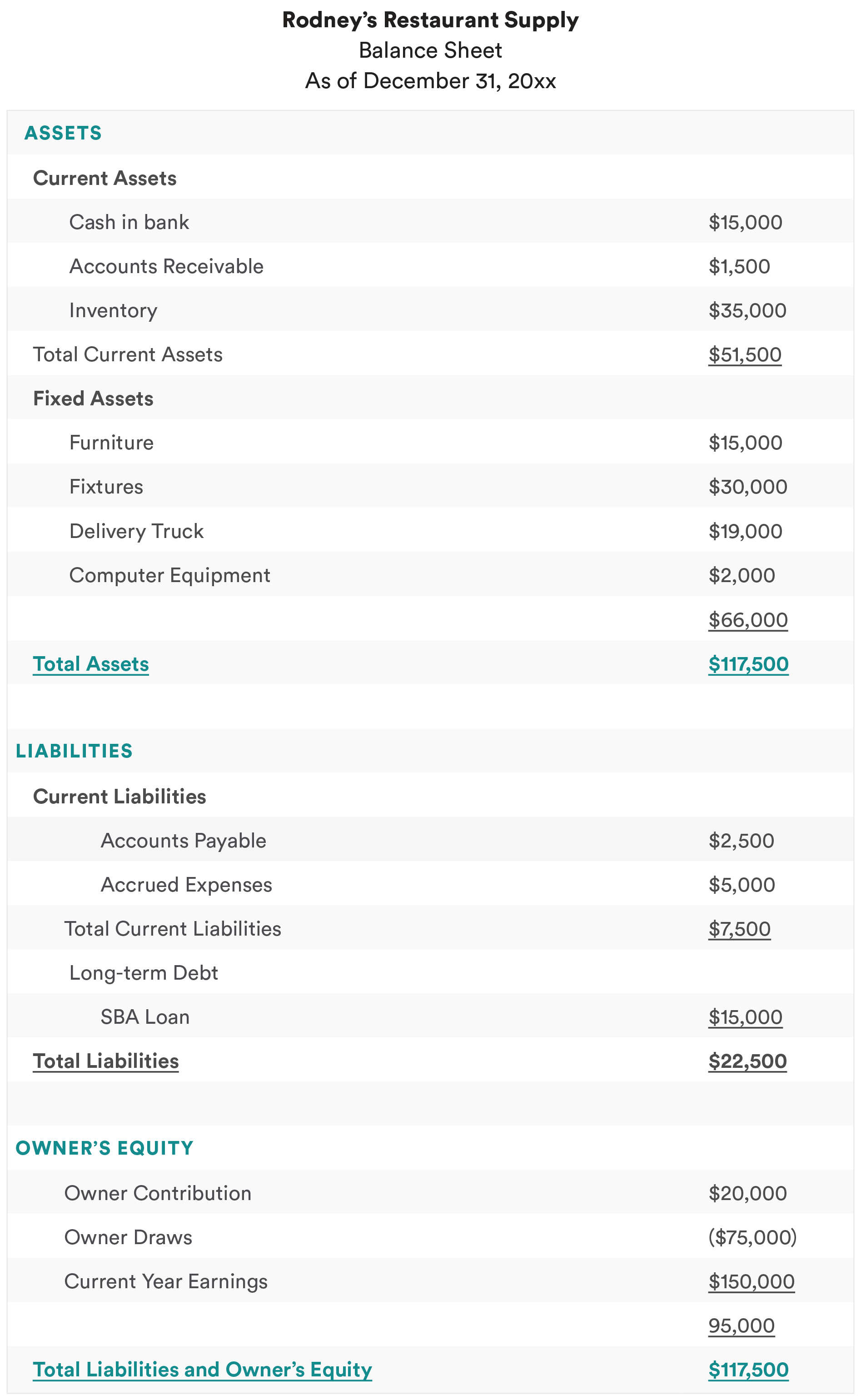
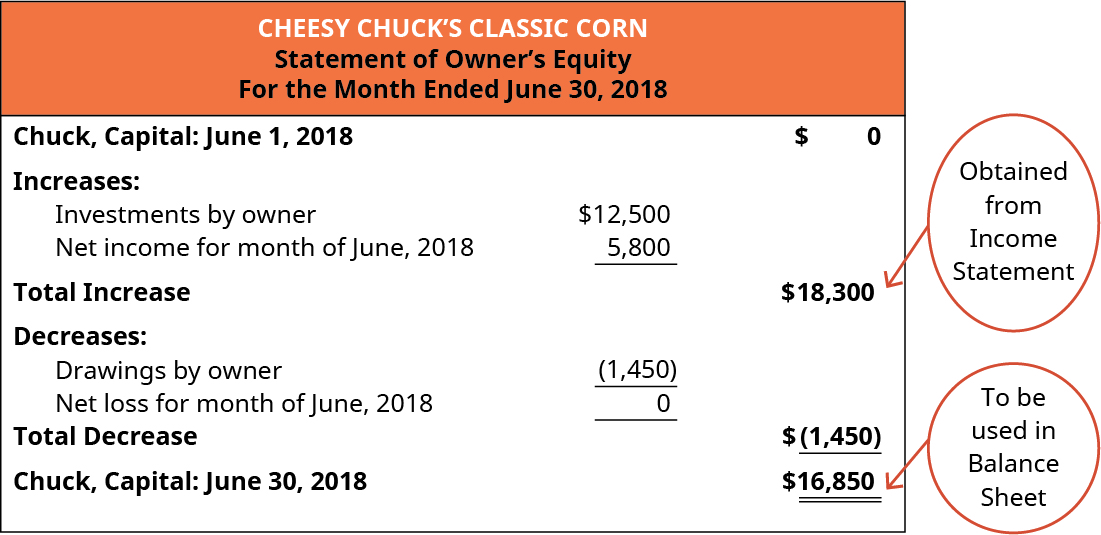


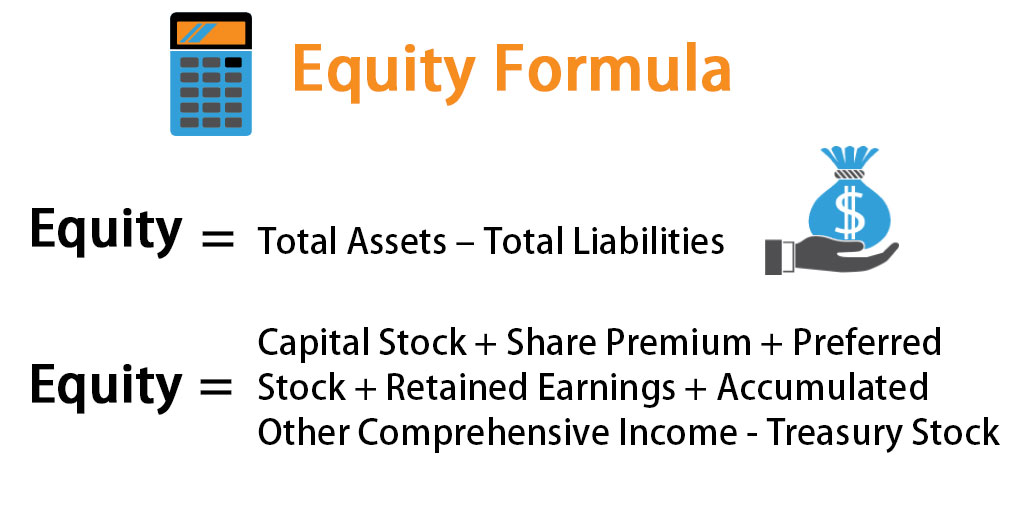
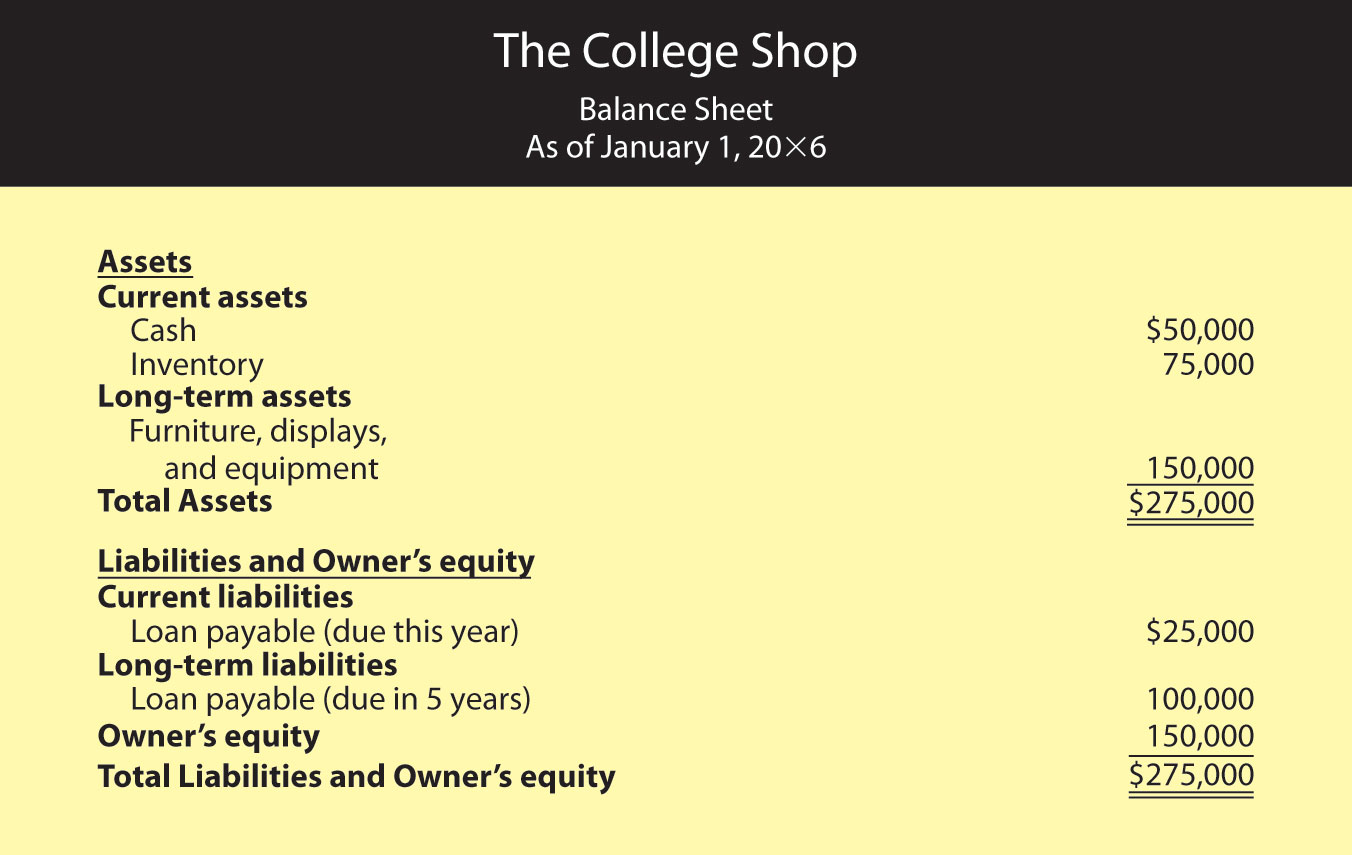
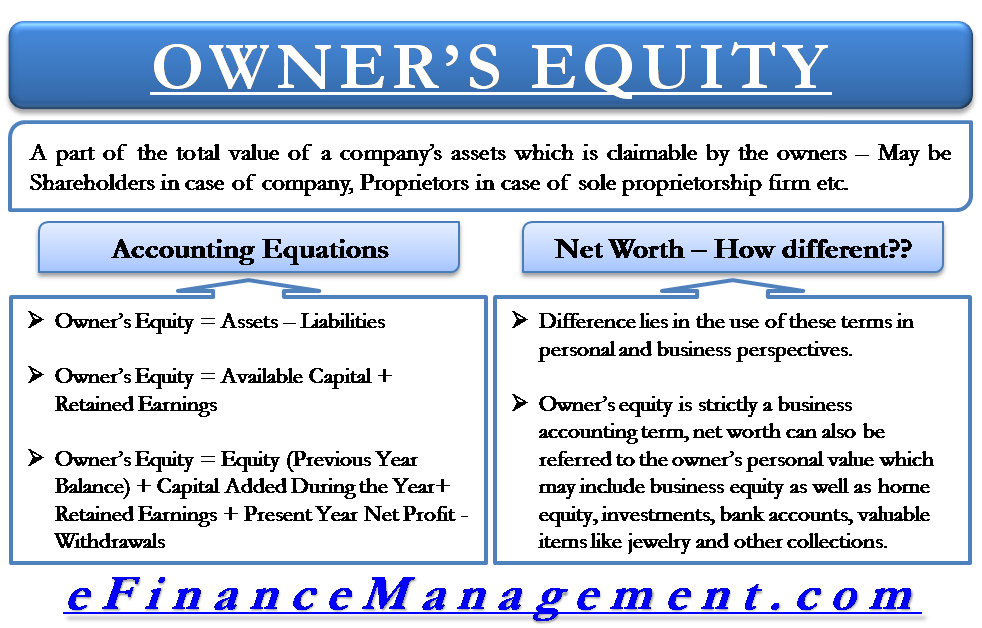
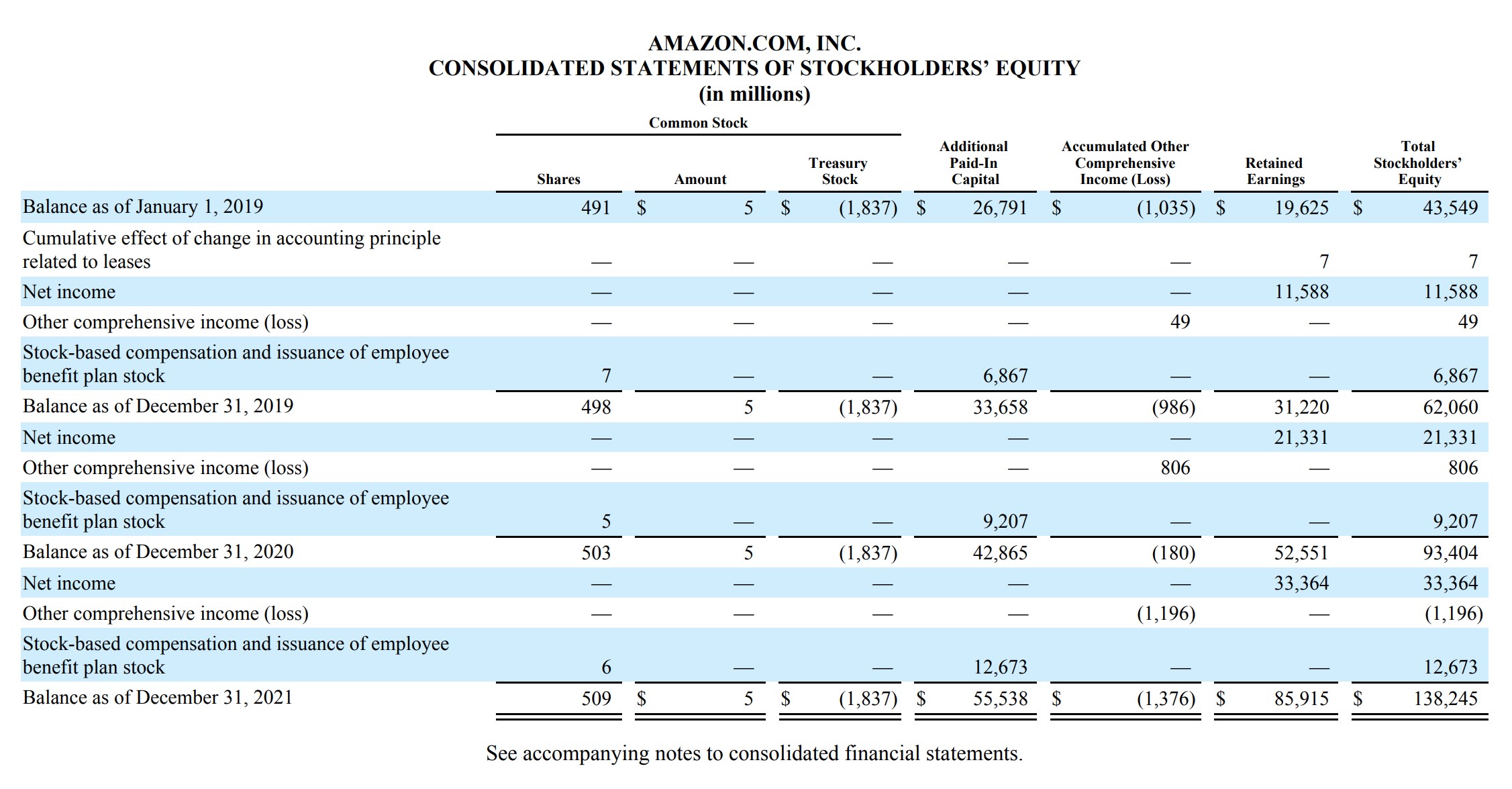




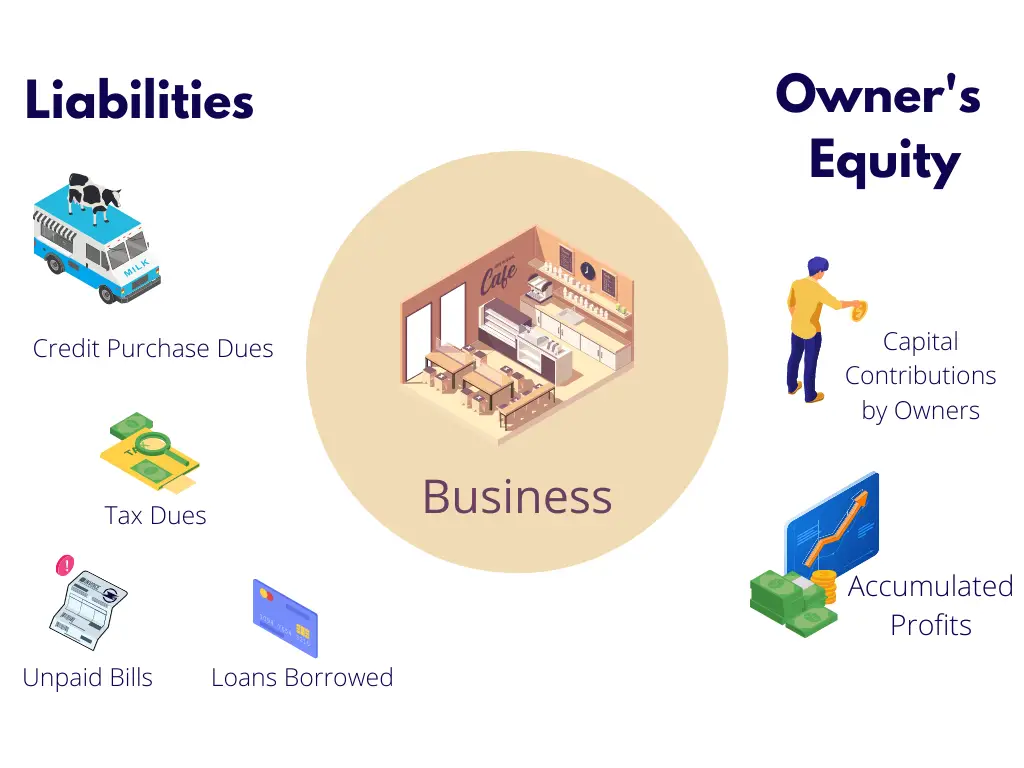
:max_bytes(150000):strip_icc()/_equity_final-a71099b17173432f813b15202e64459d.png)
/dotdash_Final_Equity_Aug_2020-01-b0851dc05b9c4748a4a8284e8e926ba5.jpg)